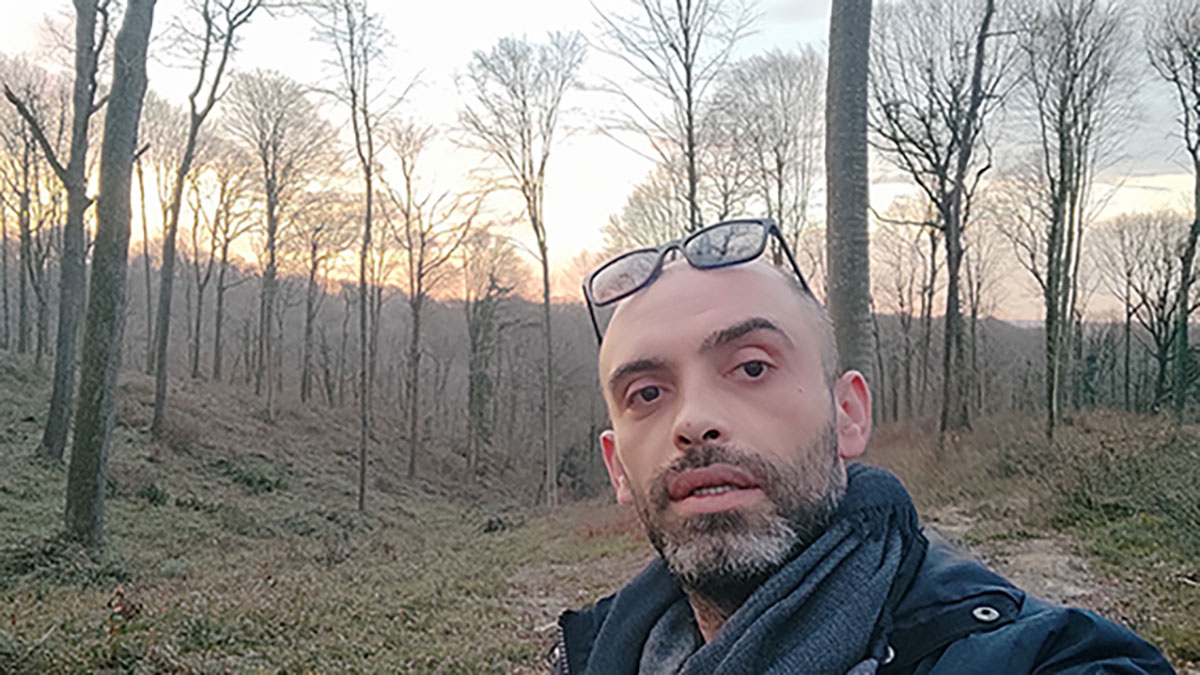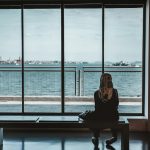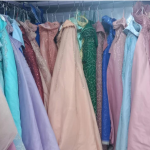In a recent conversation, Syrian journalist Mohammad Orwani shared his idea of “Jannah” (paradise) as the ability to visualise the realisation of our hopes. For him, paradise (or an ideal state of existence) is ultimately a situation in which we flourish, not merely survive. I asked Mohammad a few questions to find out how he holds onto the concept while living as a Syrian refugee.
In terms of resilience and the importance of hope, what is the significance of being a creative artist?
“Being an artist and writer helps that person to engage with people’s hopes; to understand what is happening and how to face the moment.”
What does Jannah, Jannah mean to you?
“My idea of paradise works from a vision towards reality. In part, a state of mind, and yet ideally more than this. Something we could realise in our lives.”
How do you find the resilience to endure a crisis situation?
“It was the passage that gave hope. Imagining that something else existed beyond…”
Mohammad has worked as a human rights activist with the Violations Documentation Centre in Syria (VDC), forwarding reports collated from research to the United Nations. With the town under siege, however, fuel supplies were frequently cut, and restrictions on food led to inadequate meals, sometimes made from cattle feed. It was 2013, and tenacious determination was required to share and document the truth in such arduous conditions. Resilience was already being put to the test, and worse was yet to come!
Mohammad decided to flee the city.
“After a narrow escape with two colleagues, I made the decision to leave Douma. I had to pass checkpoints using a fake ID, before finally crossing the border to reach Turkey.”
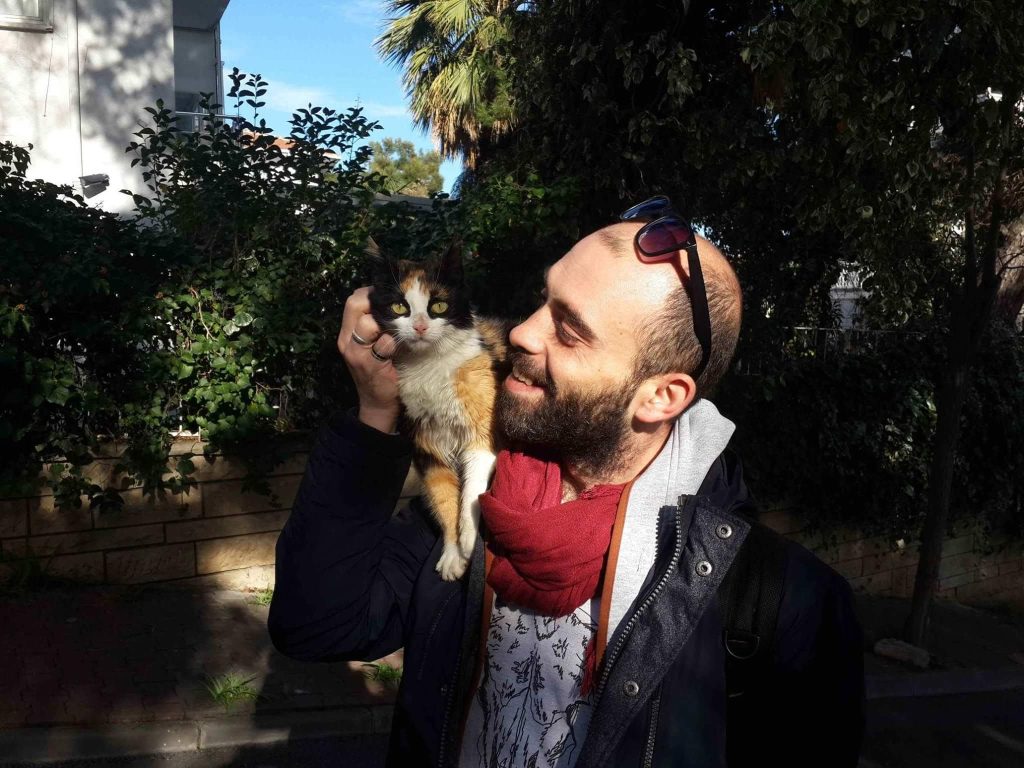
What kept you going through these immense challenges?
“Always the hope that I would see my mother again, a vision of us sitting down for coffee together fuelled the hope to drive me on.”
Never losing site of this vision, Mohammad was finally reunited with his mother in Turkey when she arrived to take care of him after an accident.
“She entered Turkey after a very difficult and dangerous journey. She was incredibly brave. My mother stayed with me for two months before returning to Syria.”
In Istanbul, Mohammad frequented cafés where he met artists and writers, keeping Syrian heritage alive and the idea of Jannah Jannah. He became part of the Syrian Humming project, where humming is adapted as a form of abstract music and a creative outlet, evoking memories of solace from back home.
What does the Syrian Humming project mean to you?
“Humming enables me to return to childhood, when there was no sense of danger or difficulty. Humming evokes the sounds of the Orontes River, which flows through Hama. The Al-Assi River, and the abstract sounds of the turning of water wheels, called Norias, that irrigate my city’s land and homes.”
Mohammad’s aesthetics provides food for the soul, his imagination stirring the solace of memory, while stimulating memories for refugees in a diaspora that moves with its people.
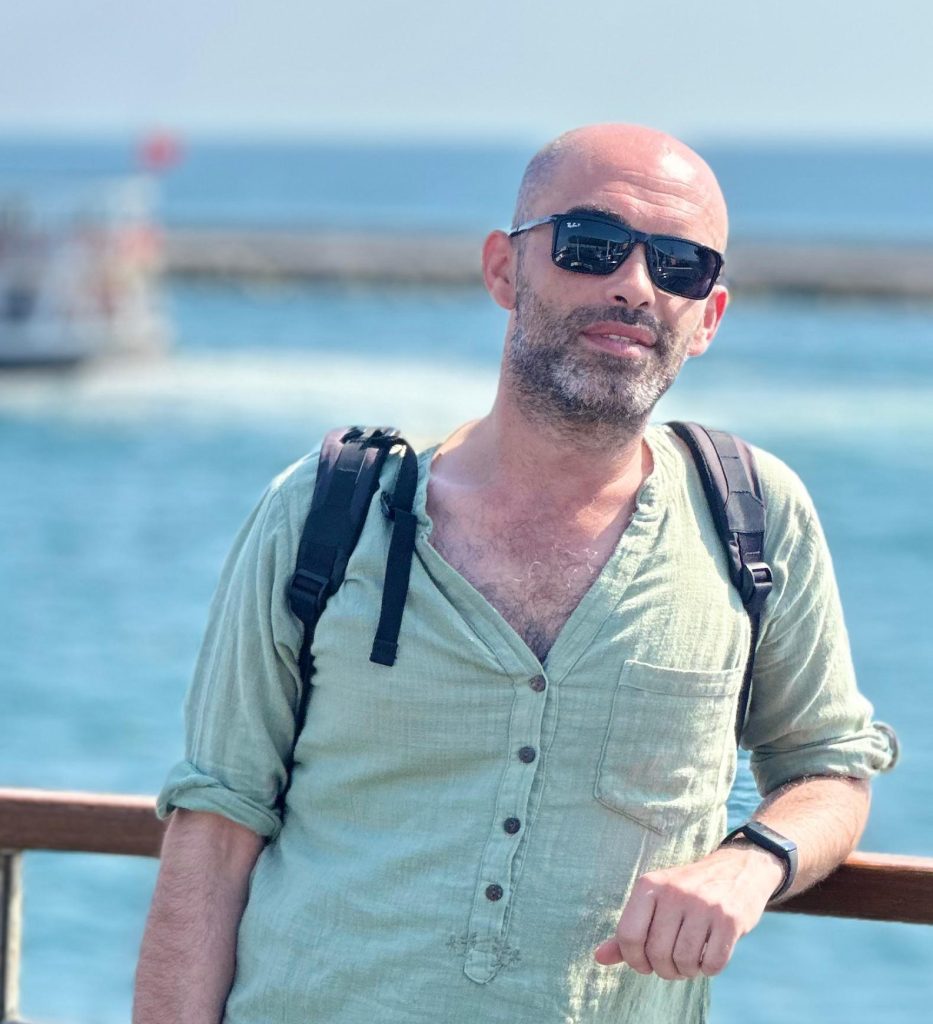
Mohammad became once again displaced.
Now a refugee with his wife in a camp in Belgium, he once again has his mind set on his hopes, because hope is psychologically transformative, building strength and providing comfort through a clear vision.
Mohammad’s concept of Jannah encompasses the therapeutics of transcendent expressions, beyond divisive arguments, while seeking to promote and realise wellbeing in reality.
“Paradise was a cup of coffee with my mother. Now, for me, it’s a reunion with my cats.”
For Mohammad, having tangible hopes within possible reach spurs the tenacity to keep working for a dream instead of letting go and giving up. It seems part of a pathway towards realising an idea of Jannah, Jannah – as a fulfilment of hope. Significantly, his hopes are about connectedness, love for humans and animals.
A key element of Mohammad’s psychology and vision for paradise rests on compassion: hopes for reunions with family, quests for democracy and progress in his country, and the embedding of a selfless humanity.
– by Maria H.

